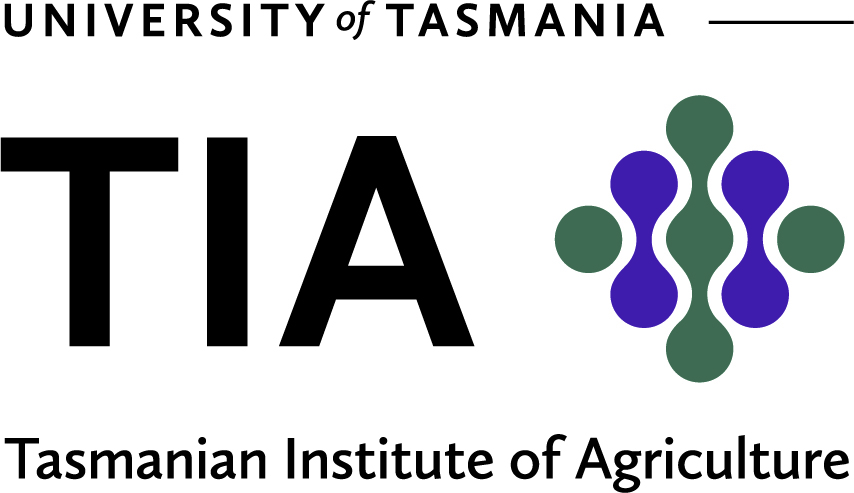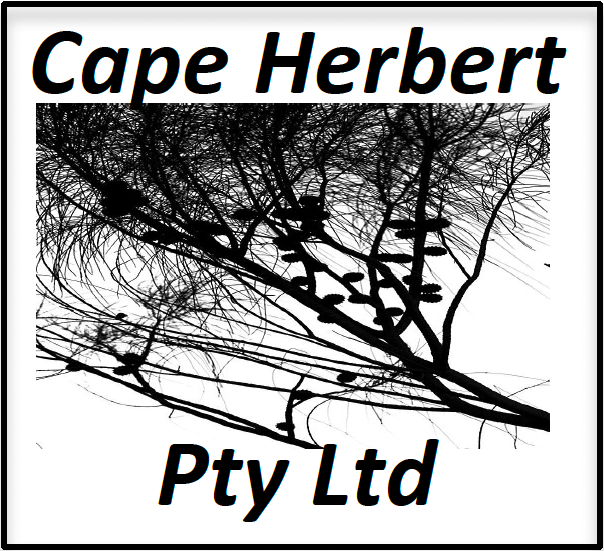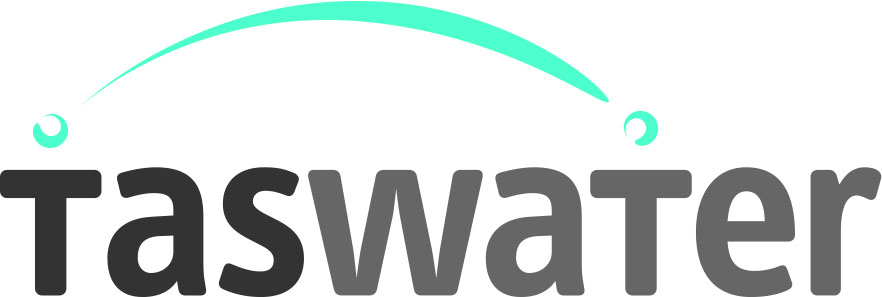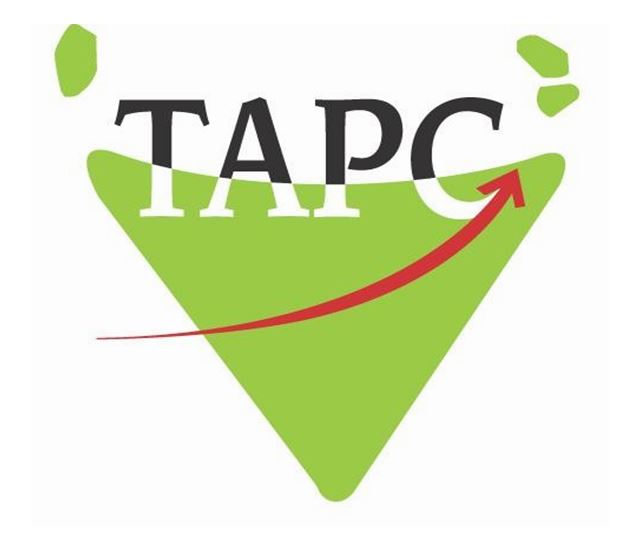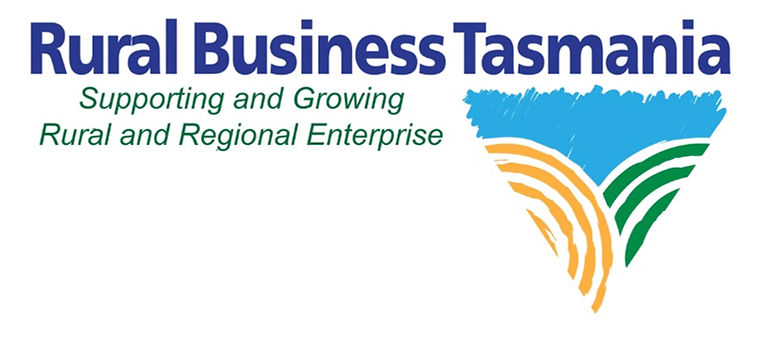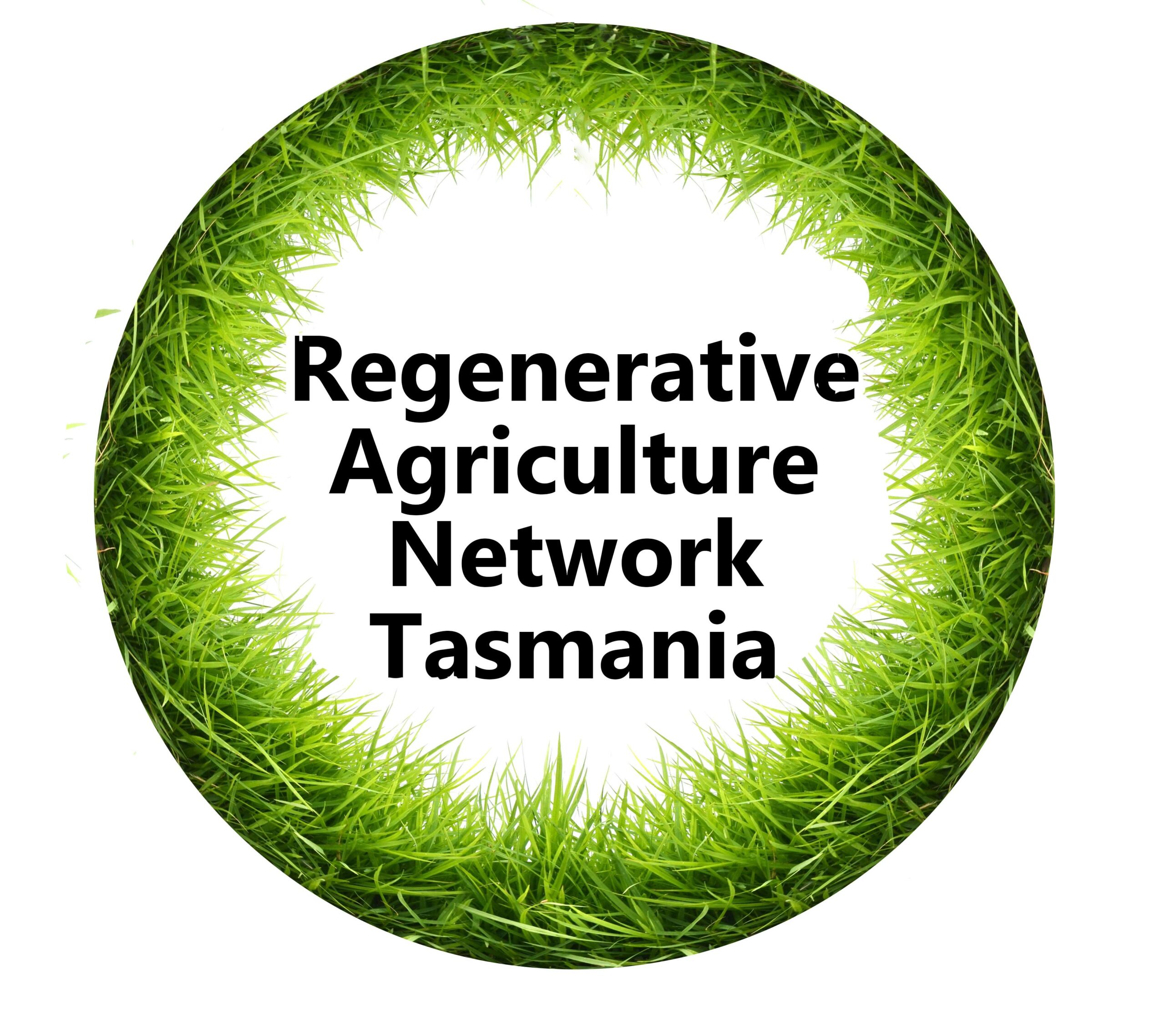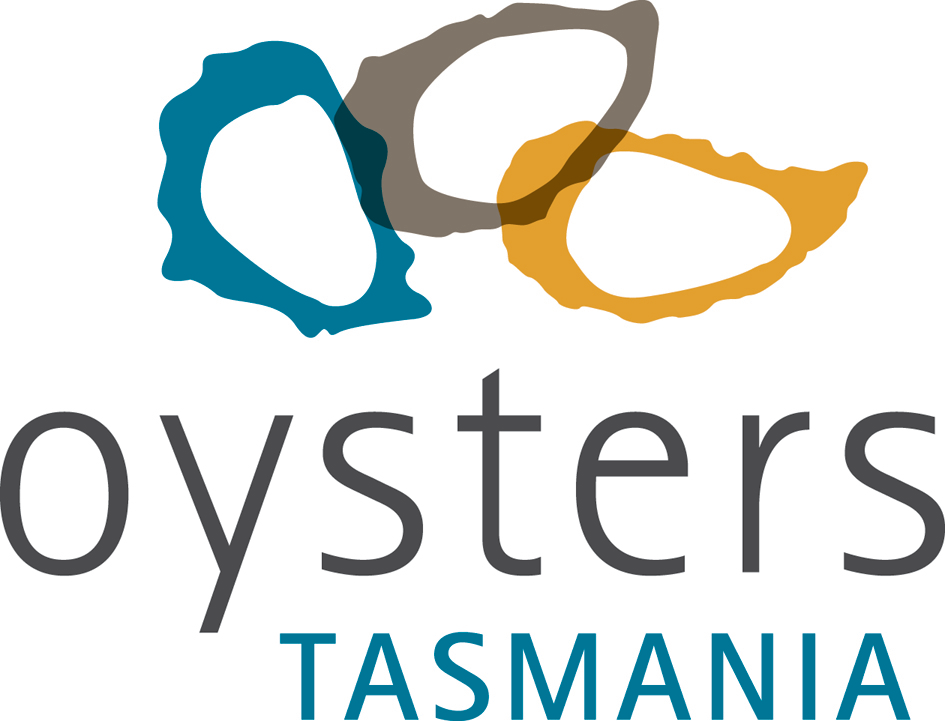Search for a resource
Two events are being held in Tasmania’s north west next month to help local producers build their farm’s resilience in times of increasing climate uncertainty.
The “Across the Paddock” events are being delivered by Cradle Coast NRM with support from the TAS Farm Innovation Hub through funding from the Australian Government’s Future Drought Fund.
Project Coordinator Ben Correy (pictured below, left, with Jake Pearce from Simplot) said the events would focus on cover crops as a measure to build healthy, productive and climate-resilient soils.
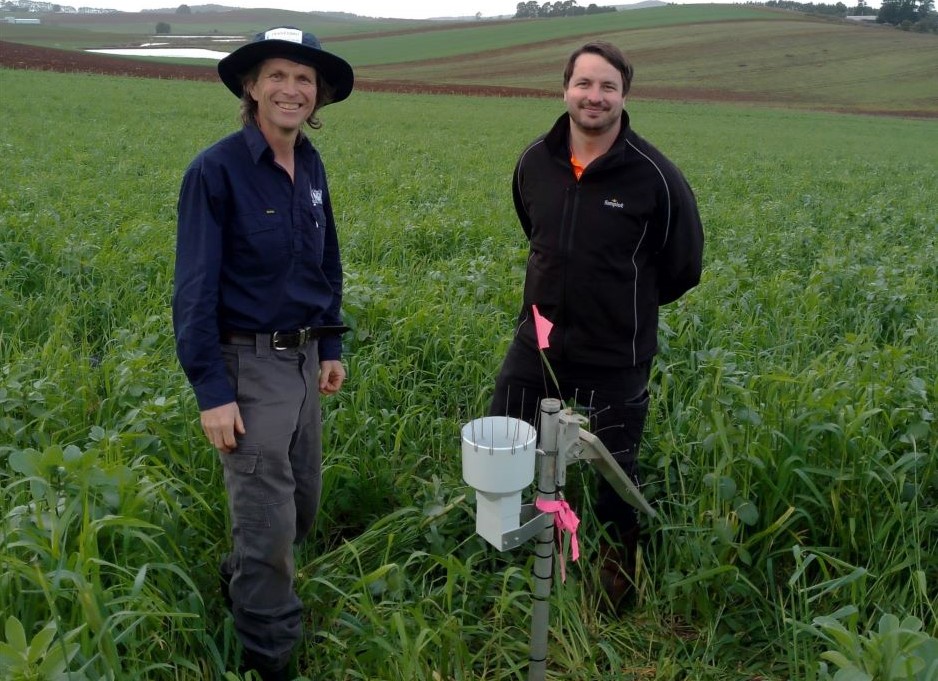
“One very cost effective and environmentally sustainable strategy for vegetable producers is to plant cover crops in rotation between cash crops,” Mr Correy said.
“As their name suggests, cover crops are planted to cover the soil and help to protect it from damaging impacts like heavy rainfall and strong winds that can lead to topsoil loss and erosion.
“Another obvious benefit is their ability to shade and protect the soil during periods of prolonged dryness. This increases the soil’s water holding capacity, helping to retain water within the soil profile longer.”
Cover crops are established before planting the next cash crop and their presence ensures that the soil is not subjected to periods of bare fallow (a diverse mix of species works well – see photo, below).
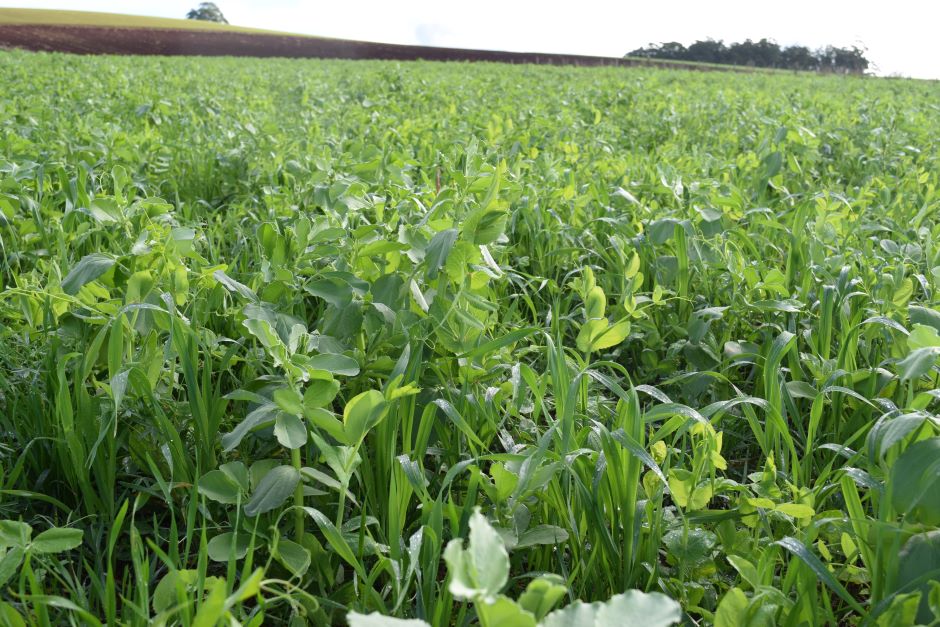
They are sometimes called “green manures” because they also increase organic matter, recycle nutrients back into the soil, reduce weeds and build soil structure. By including legumes (nitrogen fixers) in the mix, they also increase nitrogen availability for subsequent crops, helping to improve soil fertility and enhance productivity (a legume with nitrogen fixing nodules is shown in the main image, top).
TAS Farm Innovation Hub Director Sandra Knowles said cover crops were one tool in the resilience toolbox and were increasing in popularity across Tasmania.
“It is great to see the hub and Cradle Coast NRM partner with Simplot and support five in-field demonstrations with a group of potato growers across the north west coast,” Ms Knowles said.
“Each farm has used a slightly different way of establishing their cover crops so it will be interesting to hear more about the lessons learned at the upcoming “Across the Paddock” events.”
Attendees will also hear from farm managers about their practical experiences with a mix of cover crop species and a number of guest speakers who have studied the benefits of cover crops.
The first event will be held at Redbank Farm at Sisters Creek on Tuesday 15 August. The second will be held at Kindred on Thursday 17 August, both start at 11.00am. There is no charge to attend, and a light lunch will be included. Please register by contacting Ben Correy on bcorrey@cradlecoast.com or 0474 325 192.
The TAS Farm Innovation Hub is one of eight hubs nationally funded through the Australian Government’s Future Drought Fund. The hub is based at the Tasmanian Institute of Agriculture (TIA) at the University of Tasmania and delivered through an extensive network of industry and community partners.
Media contact: Melissa Lewarn, melissa.lewarn@utas.edu.au or 0427 354 058.
Information released by:
Communications Office University of Tasmania
+61 3 6226 2124 | Communications.Office@utas.edu.au | Twitter.com/utas_
Students from Summerdale Primary School in Launceston are heading into the country next week as part of a new pilot project to inspire the future generation of agricultural innovators.
The Enabling the Ag Innovators of the Future project is being delivered by the Tasmanian Drought Resilience Adoption and Innovation Hub (TAS Farm Innovation Hub) in partnership with the Tasmanian Farmers and Graziers Association (TFGA) and the Hagley Agricultural Learning Centre (ALC).
Education Officer with the TFGA Claire Robertson said the project offered an exciting new experience for students, aiming to spark their interest in innovation for agriculture.
“We are aiming to inspire the next generation of agricultural innovators through a hands-on day at ALC at Hagley covering sustainable agriculture, the need to manage land and water, biosecurity, technology in agriculture and more,” Ms Robertson said.
“Once they have developed an understanding of the areas needing innovation, they will then explore their own ideas creating possible solutions to agricultural industry issues.
“This week’s excursion marks the sixth group of students to try the experience and we’ve been amazed by some of the fantastic innovative ideas generated so far.”
Director of the TAS Farm Innovation Hub Sandra Knowles said the hub was delighted to be working with the TFGA and ALC on a project that sparked interest in young people through a hands-on approach.
“It’s important we engage young people in agriculture and make them aware of the diverse career opportunities that are available,” Ms Knowles said.
“We need enthusiastic and innovative minds to ensure Australian agriculture is sustainable, resilient to a changing climate and continues to thrive.
“This project is a great way to plant the seed in the minds of young people and grow their enthusiasm.”
The TAS Farm Innovation Hub is one of eight Hubs nationally funded through the Australian Government’s Future Drought Fund. The Hub is based at the Tasmanian Institute of Agriculture at the University of Tasmania and delivered through an extensive network of industry and community partners.
Interview and film/photo opportunity: Students will attend an excursion at the ALC on Friday, 12 May. Please contact Melissa Lewarn on melissa.lewarn@utas.edu.au or 0427 354 058 to arrange necessary education department approvals.
Information released by:
Communications Office University of Tasmania
+61 3 6226 2124
Communications.Office@utas.edu.au
Twitter.com/utas
The Directors of Australia’s Drought Resilience Adoption and Innovation Hubs are visiting Tasmania this week as part of a nation-wide collaboration to build drought resilient communities.
There are eight hubs across Australia, funded through the Australian Government’s Future Drought Fund. They include the TAS Farm Innovation Hub which is based at the Tasmanian Institute of Agriculture (TIA) at the University of Tasmania.
TAS Farm Innovation Hub Director Sandra Knowles said it was a real coup for Tasmania to host the national Directors.
“The national hub Directors work together closely to discuss progress towards projects and opportunities to assist farmers to increase drought resilience,” Ms Knowles said.
“Having the team here in Tasmania is a fantastic opportunity for them to get out on the land and see the work we are doing with our partners and then apply this knowledge to their own projects back home.”
The national Directors will meet with the Tasmanian hub’s Industry Advisory Board on Tuesday. The Board includes representatives from TIA, University of Tasmania, Tasmanian Farmers and Graziers Association, Tasmanian Irrigation, Rural Business Tasmania, Tasmanian Women in Agriculture, Cradle Coast NRM, Hydro Tasmania, the state Department of Natural Resources and Environment and the Federal Department of Agriculture, Fisheries and Forestry.
The visit includes a field trip on Wednesday to TIA’s Forthside Vegetable Research Facility on Tasmania’s North West Coast. The 54-hectare farm is used for diverse research trials and teaching that directly contribute to the sustainability and productivity of Tasmania’s agriculture industry. The Directors will hear about a soil restoration project managed by Cradle Coast NRM in partnership with Simplot and Greenham Tasmania which is trialling practices to improve soil health in grazing and intensive horticulture.
The Directors will also visit two other sites.
“One is a project site managed by Ag Logic and uses soil moisture sensors and current data to inform on-farm decisions,” Ms Knowles said.
“The other site visit is Costa, a commercial berry production facility.”
The visit concludes on Wednesday afternoon.
Media contact: Melissa Lewarn, 0427 354 058.
Information released by:
Communications Office University of Tasmania
+61 3 6226 2124
Communications.Office@utas.edu.au
Twitter.com/utas
Producers in Tasmania’s North West are being encouraged to get along to their local pub and find out about potential agritourism opportunities to help build drought resilience.
Two free ‘pub chats’ will be held in Smithton and Sheffield this month to give producers information on the Tasmanian market for agritourism experiences and assistance to explore the right option for their farm’s future.
The events being delivered by the Tasmanian Drought Resilience Adoption and Innovation Hub (TAS Farm Innovation Hub) in partnership with agribusiness consultants Optimum Standard and Regionality Pty Ltd.
Allison Clark from Optimum Standard said the pub chats presented a unique opportunity for producers to come together in a casual setting and learn how to enhance their operations in response to a changing climate.
“This event is for farmers, fishers and producers in Tasmania looking for new opportunities to value add or diversify,” Mrs Clark said.
“Agritourism is a great option as it plays a key role in connecting consumers with primary producers so they can learn and experience first-hand the story behind what they eat and how and why they farm. It also connects the consumer to a region’s culture, its land and its people.”
The pub chats are part of the Farm Gate Futures project which aims to build each farmer’s ability to adapt to change.
TAS Farm Innovation Hub Director Sandra Knowles said that may include changing market conditions, technologies or responses to crisis impacts such as floods and drought.
“At the hub, we are particularly focused on encouraging Tasmanian producers to build climate resilience into their business plans,” Ms Knowles said.
“Our changing climate means producers need to be innovative and diversify so they can ride out those periods of uncertainty.
“Agritourism brings many exciting opportunities, and we are pleased to be able to partner with Optimum Standard and Regionality to explore these ideas with producers in the regions at local pubs.”
The pub chats will be held:
Registrations are required for catering purposes.
The TAS Farm Innovation Hub is one of eight hubs nationally funded through the Australian Government’s Future Drought Fund. The hub is based at the Tasmanian Institute of Agriculture at the University of Tasmania and delivered through an extensive network of industry and community partners.
Media contact:
Melissa Lewarn
melissa.lewarn@utas.edu.au
0427 354 058
Information released by:
Communications Office University of Tasmania
+61 3 6226 2124
Communications.Office@utas.edu.au
Twitter.com/utas
An upcoming field day at Campbell Town will give Tasmanian producers valuable information on how to generate new income streams and build drought resilience through farm agritourism opportunities.
The Farm Gate Futures Agritourism Field Day, to be held on 6 February, is being delivered by the Tasmanian Drought Resilience Adoption and Innovation Hub (TAS Farm Innovation Hub) in partnership with agribusiness consultants Optimum Standard and Regionality Pty Ltd.
The TAS Farm Innovation Hub is one of eight Hubs nationally funded through the Australian Government’s Future Drought Fund.
Allison Clark from Optimum Standard said the field day would help farmers, fishers and producers in Tasmania looking for new opportunities to value add or diversify.
“The focus of Farm Gate Futures is to build each farmer’s ability to adapt to change that may include impacts as a result of changing market conditions, climate, changing technologies or responses to crisis impacts such as floods and drought,” Mrs Clark said.
“Working together with agritourism specialist Regionality Pty Ltd, we’ve helped 100 Tasmanian farmers and agritourism businesses innovate and become more resilient over the last year, and this field day will be a great opportunity for farmers to come together to share knowledge and experiences and learn about how to enhance their current business model.”
Rose Wright from Regionality said the field day will explore the opportunities and current market for agritourism in Tasmania and help farmers investigate their potential, capacity and resources to innovate on farm.
TAS Farm Innovation Hub Director, Sandra Knowles, said the field day presented a unique opportunity for Tasmanian farmers.
“As our climate changes and becomes more variable, we need to build climate resilience into communities and be innovative in our businesses,” Ms Knowles said.
“Agritourism brings some exciting possibilities for Tasmanian producers to diversify, grow and adapt to our changing climate and this field day will give them the knowledge to help with this journey.”
The field day will be held at The Grange at Campbell Town on 6 February, 10am-1pm. A light lunch and refreshments will be provided.
Media contact: Melissa Lewarn, melissa.lewarn@utas.edu.au 0427 354 058.
An upcoming field day on Tasmania’s East Coast for the wine grape industry aims to build the drought resilience of producers by addressing water and irrigation management issues now and in the future.
The Viticulture Field Day, to be held at Milton Vineyard at Swansea on January 31, is being delivered by the Tasmania Drought Resilience Adoption and Innovation Hub (TAS Farm Innovation Hub) in partnership with the Tasmanian Institute of Agriculture, Wine Tasmania and Wine Australia.
The TAS Farm Innovation Hub is one of eight Hubs nationally funded through the Australian Government’s Future Drought Fund.
Project Leader, Kathy Evans, said the field day was part of a project focusing on drought management for perennial horticulture plants in collaboration with Hubs in South Australia, Victoria and NSW.
“This project is investigating producers’ current approaches to irrigation and water management with the aim of making improvements to practices in the future to enhance production and build climate-resilient businesses,” Professor Evans said.
“The field day will give producers the opportunity to share experiences of prolonged dry conditions, how they are managing water and irrigation, use of innovative technologies to optimise water use and think about what things they can do now to improve their resilience during the next big dry.”
Tasmanian growers, industry and climate scientists will present on the day and will cover how water can be effectively managed in vineyards in current and future climates. Vineyard-specific case studies and demonstrations will be presented by AgTech companies/advisors, including Swan Systems (WA), Airborne Logic (SA), Onside Technologies (NZ) and Ag Logic (TAS).
Unprecedented expansion of new irrigation schemes in Tasmania is bringing water to the East Coast, one of the driest and warmest areas in the state, with potential to unleash the region’s productive potential.
While access to water contributes to drought resilience, the solution is more than ‘just add water’. Transitioning from dryland to irrigated agriculture requires investment in new technologies that can expose producers to new financial vulnerabilities. New or different skills and knowledge are also needed to use water wisely.
TAS Farm Innovation Hub Director, Sandra Knowles, said the hub was focused on bringing sectors of the industry together to share this knowledge to build the resilience of producers to drought.
“It’s fantastic to see the industry get behind the hub and come together to share their knowledge and experience and investigate innovative solutions for the future,” Ms Knowles said.
“It will be a good opportunity for producers to hear from their counterparts in other regions and speak directly to a number of experts in the field and apply this knowledge to their own practices.”
On the day, guests will hear from the East Coast Grower Panel which includes representatives from Milton Vineyard, Kelvedon Estate and Freycinet Vineyards, as well as the hub project team including Tomas Remenyi from the University of Tasmania’s Climate Futures Research Group, Dave Gerner from Wine Australia, Paul Smart from Wine Tasmania, and leading providers of ag tech for irrigation and water management.
The Viticulture Field Day is on Tuesday, January 31, 2023, 9am. Limited tickets are available. RSVP January 23, 2023.
Media contact: Melissa Lewarn, melissa.lewarn@utas.edu.au 0427 354 058.
Information released by:
Communications Office
University of Tasmania
+61 3 6226 2124
Communications.Office@utas.edu.au
Twitter.com/utas_
